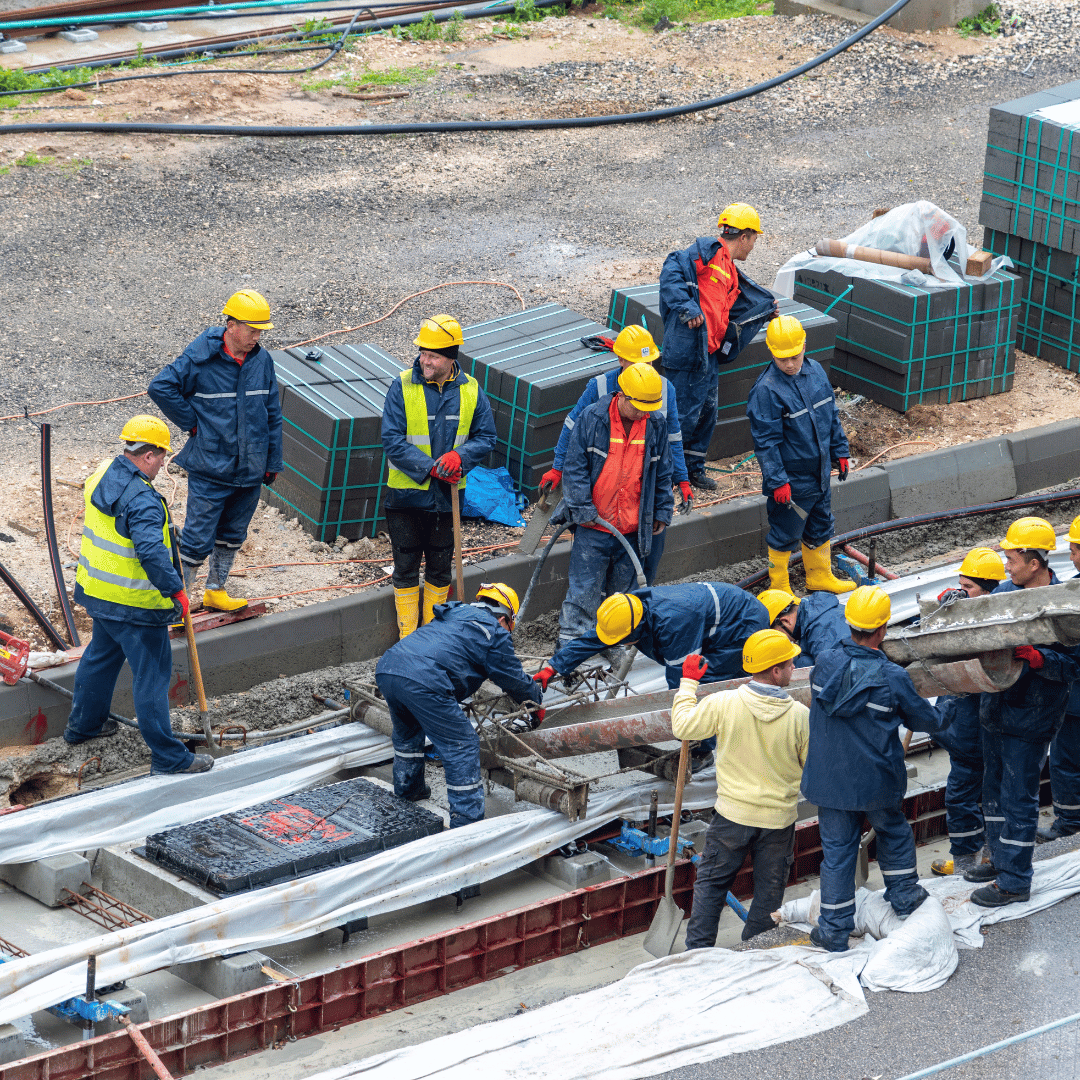The Rail Safety and Standards Board (RSSB) has unveiled a groundbreaking strategy to improve workforce health and wellbeing in the rail industry, following a two-year research project. By leveraging data insights and evidence, the initiative aims to address key challenges and drive meaningful change through a clear roadmap of short, medium, and long-term goals.
The Challenge: Sickness Absence and Its Cost
The rail industry is grappling with a sickness absence rate that is double the national average, leading to millions of pounds in lost workdays annually. To tackle this issue, RSSB launched a pilot study, collecting data from 21 companies across England and Wales. This research covered more than 100,000 rail workers, about half the workforce tracking 20 key performance indicators (KPIs), including:
- Sickness absence
- COVID-19 impact
- Health surveillance
- Employee Assistance Programme usage
- Drug and alcohol testing
- Workforce demographics
Evidence-Based Solutions: The Health and Wellbeing Index
The data collected was used to create company and industry benchmarking reports, as well as a new Health and Wellbeing Index (HWI). Similar to how the Fatalities and Weighted Injuries (FWI) measure has improved safety, the HWI provides actionable insights to guide evidence-based interventions. This approach is already empowering companies to address health challenges effectively and improve overall performance.
A Sector-Wide Rollout: The Health Insights Platform
Building on the success of the pilot, RSSB is rolling out a Health Insights platform to encourage broader participation across the rail sector. This platform enables companies to upload their health data, benchmark against peers, identify trends, and prioritise health initiatives.
RSSB’s ultimate goal is to establish regular health data reporting as a standard practice across the industry. This will allow organisations to focus on impactful initiatives, demonstrate the value of interventions, and eliminate ineffective approaches. The anticipated outcomes include better employee health, reduced sickness absence, improved safety, and enhanced operational performance.
Putting Health on Par with Safety
Clare Forshaw, RSSB’s Professional Head of Health and Wellbeing, emphasised the importance of prioritising workforce health:
“Poor health has a serious impact on the rail industry; however, the ultimate effect is felt by individuals and their families. We need to do better to prevent the harm by understanding the problems so we can make effective and impactful changes.”
She added, “The rail industry is making great steps to put health on a par with safety, collecting data and providing health insights reflects this ambition. The results are already demonstrating how this can have a positive impact on health and make cost savings for the companies. But the real value will be evaluating overall trends for the industry as more data is collected over the coming years.”
A Healthier Future for the Rail Industry
With the Health Insights platform and HWI at its core, RSSB’s strategy represents a significant step forward for the rail industry. By focusing on data-driven health initiatives, the sector is not only enhancing the wellbeing of its workforce but also laying the foundation for improved safety and operational success.
(Source: Rail Business Daily, 2024)




